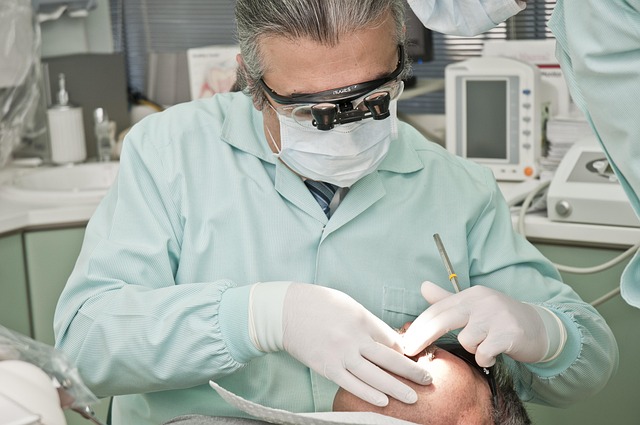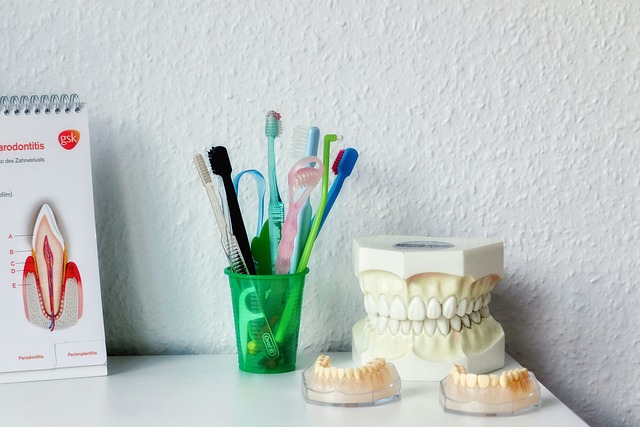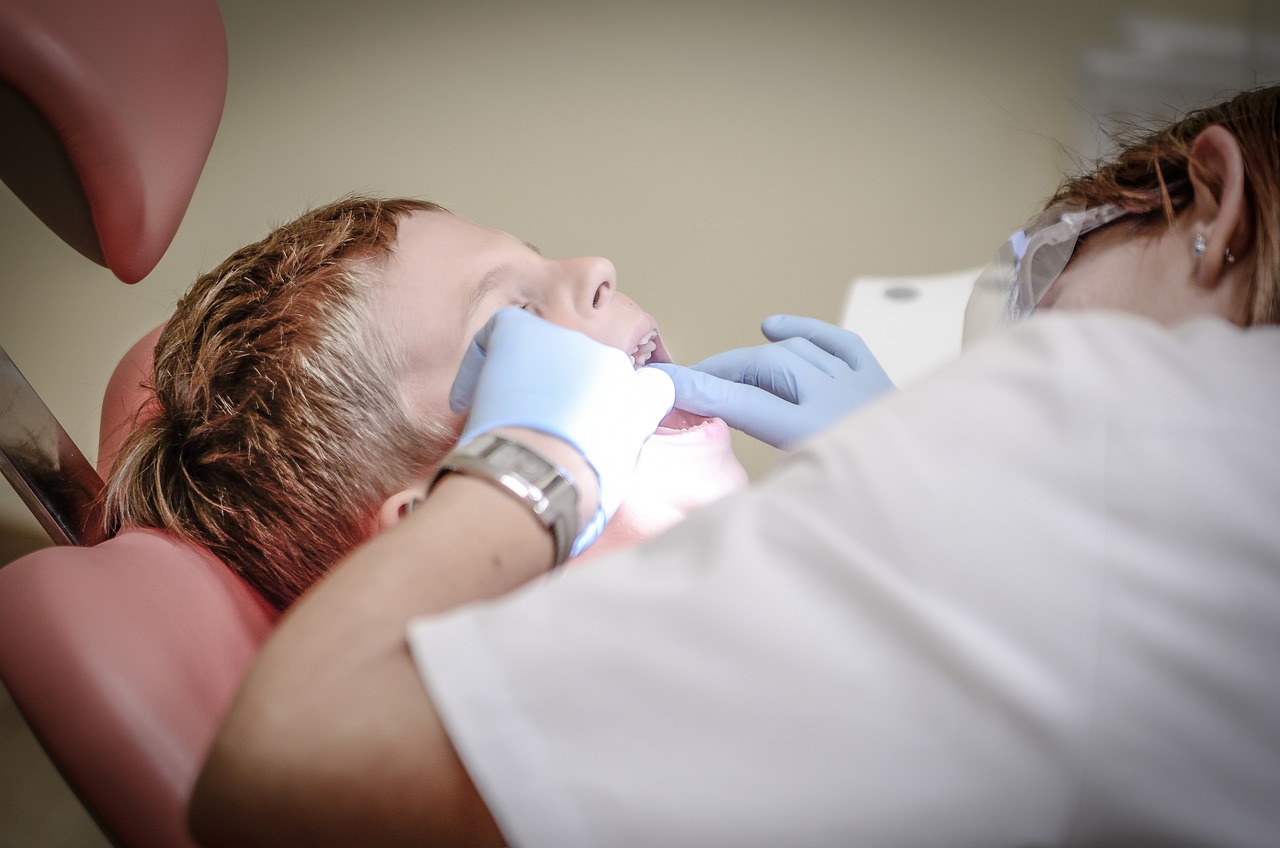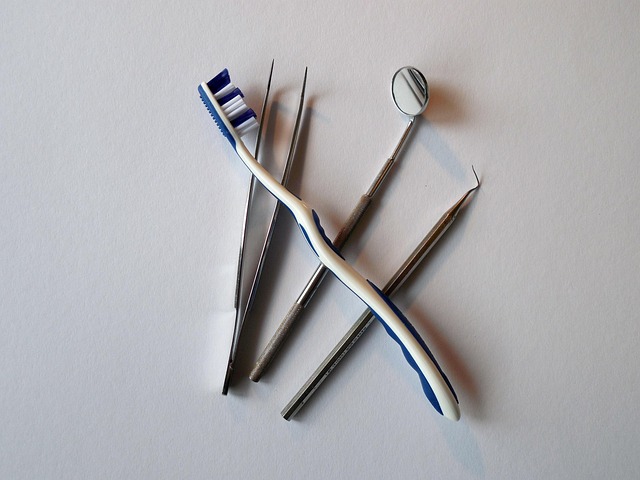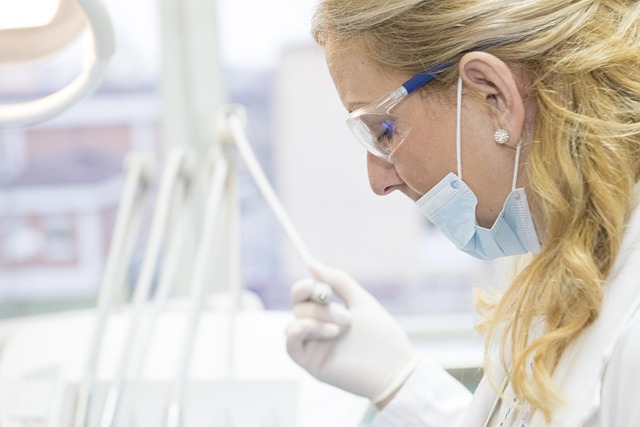A groundbreaking treatment developed by scientists at the University of Nottingham could soon offer new hope to people suffering from tooth decay, with a market release expected next year. Researchers from the university, working alongside international collaborators, have created a protein-based gel capable of repairing and regenerating damaged tooth enamel — a world first in dental innovation.
++ The peregrine falcon: nature’s fastest killer in the sky
Currently, no treatment exists that can effectively regrow enamel, a limitation contributing to dental issues affecting nearly half of the world’s population, at an estimated annual cost of $544 billion.
According to Professor Álvaro Mata, Chair in Biomedical Engineering and Biomaterials at Nottingham, the new gel “is safe, can be easily and rapidly applied, and it is scalable.”
Dentists could apply it in a similar way to fluoride treatments, which are quick, painless and do not require surgery.
“The technology is also highly versatile, opening opportunities for development into a range of products to assist patients of all ages suffering from enamel loss or exposed dentine,” Professor Mata explained. “We have started this process with our start-up company, Mintech-Bio, and hope to have a first product available next year. This innovation could soon be helping patients across the world.”
The gel functions by mimicking the natural proteins that control enamel formation during early tooth development. Once applied, it forms a protective layer that fills cracks and holes, attracting calcium and phosphate ions from saliva to stimulate the controlled growth of new minerals. This process restores both the structure and properties of natural enamel.
Dr Abshar Hasan, Postdoctoral Fellow and lead author of the study, said that when applied to eroded enamel or exposed dentine, the gel “promotes crystal growth in an organised manner, rebuilding the architecture of natural, healthy enamel.”
++ Power and finesse: the monkey that bites like a jaguar
He added: “We tested the regenerated enamel under simulated real-life conditions, such as tooth brushing, chewing and exposure to acidic foods, and found that it performs just like healthy enamel.”
The research was carried out by experts from the University of Nottingham’s School of Pharmacy and Department of Chemical and Environmental Engineering, in collaboration with scientists worldwide. The full findings have been published in Nature Communications.
